Review:
Hild, by Nicola Griffith
| Series: |
Hild #1 |
| Publisher: |
Farrar, Straus and Giroux |
| Copyright: |
2013 |
| ISBN: |
0-374-28087-8 |
| Format: |
Hardcover |
| Pages: |
539 |
Hild was born in seventh-century Britain, daughter of Hereric (would-be
king of Daria) and Breguswith. Born, her mother said, to be a light to
the land. This much is documented by the Venerable Bede, in
The
Ecclesiastical History of the English Nation, along with Hild's later
rise to become one of the most powerful abbesses in British history. But
nearly all of Hild's early life is a cipher.
Hild fills in some of that gap with fiction. Specifically, it
takes Hild from a child of three, learning her father has been killed, to
a young woman, an advisor of Edwin king. It's a coming of age story in
part, following her maturation both physically and mentally, her training
in when to speak and how, and the dangers of being close to royalty in a
fractious, political, and war-torn land. It's also the story of endless
maneuvering and care, initially by her mother Breguswith and then by Hild
herself sometimes in opposition to her mother, sometimes in alliance
as her mother attempts to make a safe place for her daughter and herself
in a treacherous court of shifting dangers.
But
Hild is also a story about Britain. It's a novel about how it
felt and how it sounded. How it was organized, primarily among the
high-born but with snippets of perspective from the lower classes. And
it's a story about women: about weaving, about medicine, about friendships
and partnerships and alliances among women, about the politics of marriage
and childbirth, but also about the places women held and made in a time
when surviving official history is all about the men.
Hild is a
painstakingly-researched, sprawling, lush, and sensual immersion in a part
of history that gets little formal attention: after the Romans, before
what we think of as medieval, before England as a country.
I've been waiting for a new Nicola Griffith novel for quite a while, since
Always in 2007.
Hild doesn't
disappoint, but it's also different than Griffith's previous writing. It
has less of the strong narrative drive and clarity of either her SF or Aud
Torvingen stories. Instead, the goal of
Hild is to immerse and
transport you, to help you feel the shape of Hild's world, to understand
her days and tasks, her dreams and dangers.
Like all of Griffith's work, it's beautifully written. Griffith puts
description at the fore, in the sharp eyes of an observant girl who loves
the outdoors, and who has been taught to watch for signs of weather and
tools of healing. From early on, Hild's mother sets her up as a seer and
prophetess as a way of establishing her value to war leaders and kings,
and while some of it is drama and cryptic words, so much of it is careful
observation, networks of information-gathering, and sharp deduction about
the motives and politics of surrounding kings. Hild is very good at what
she does because she has a sharp, quick mind that has been carefully
trained, and because she has the aid of her mother's networks and then aid
in building her own. Griffith does a wonderful job showing the reader
what Hild sees, how she appreciates the world both for its own beauty and
for the information she can gather from it, and how to build influence by
navigating tense and dangerous moments: waiting for just the right moment
and the right word, and taking sudden, impulsive risks and accepting their
consequences.
Unfortunately for me, this setting is also rich in complex politics and
numerous actors, with older and unfamiliar names, and I got lost.
Constantly. That's the drawback to immersion: Griffith doesn't hold the
reader's hand. We get Hild's thoughts and analysis, and the reader has to
keep up. Sometimes I did; sometimes I didn't. There's a dizzying flurry
of names here, both personal and place, and while there is a map and a
single family tree, neither helped me as much as I wanted them to. At
several points, I found myself skimming through the latest shift in the
balance between various petty kings because, while I knew I'd seen all the
names before, they had come adrift from their context in the story.
That was my major frustration with this book. It was all interesting
enough that I would have kept thumbing back to a detailed
dramatis
personae, and indeed I kept checking the family tree, but there just
wasn't enough detail there. Even better would have been a brief factual
history of the political and military conflicts Hild was living through,
keyed by chapter. Hild is startlingly intelligent, leaping from insight
to insight, which is wonderful for building character, but which
occasionally leaves the reader scrambling to catch up with the connections
between her thoughts. I felt like, had I the broader context, I could
have understood her insight more readily. All this information is likely
available, since Griffith is playing off of documented history, but I'm
not the sort of reader who likes doing Internet research while engrossed
in a book.
So, that's the downside, at least for me. But this book has many
strengths, even if you're lost much of the time. Hild as written by
Griffith is a fascinating character, full of sharp edges and difficult
moods and a powerful belief in what she feels is right. Griffith is at
the height of her writing ability when describing Hild making hard choices
and taking on burdens that seem too large for her to bear. There are two
sections of the book, where Hild is forced by circumstances to lead men in
violence, that I think are two of the best bits of writing Griffith has
ever published not just because of those scenes themselves, but because
of the aftermath, the lingering echos, the way that they shape and inform
everything Hild does afterwards. The mingling of reward and loss,
maturation and trauma, the sense that the world has shifted both inside
and out and it's nearly impossible to say whether the change is for the
better or worse.
Griffith also knows when not to say too much, and while I found that
frustrating for the politics, it does wonders for the characters. Hild's
complex and fraught relationship with Gwaldus is the best example. We
never know exactly what Gwaldus is thinking; Hild can only guess, and at
times one is fairly sure that she guesses wrong. But that doesn't lead to
sudden revelations, where the characters finally understand each other.
Instead, they both adjust, they maneuver around each other, they find
space and understanding where they can, and sometimes they just close off.
This book is full of relationships like this: loves that are too
complicated for words, bonds that are too dangerous to acknowledge, and
characters who can't relax even though they wish the best for each other.
At times, it's exhausting reading, but it gives
Hild a tension that
one wouldn't expect from a sprawling novel full of description and
scene-building.
Hild is clearly the first book of a series, and leaves quite a lot
unresolved. If you want closure in relationships and in politics, there's
a lot here that you may find frustrating. And if, like me, you struggle
to keep names and politics straight, you're probably going to get lost.
But it's well worth the effort for the description, for Hild's thought
processes, and for a few haunting scenes that I will be replaying in my
head for a very long time. Expect to take your time with this, and wait
until you're in the mood for immersion and puzzling out context as you go,
but recommended. I suspect it would be even better on a second reading.
Rating: 8 out of 10
 Since moving to Japan, I got more and more interested in history, especially the recent history of the 20th century. The book I just finished, Ian Buruma (
Since moving to Japan, I got more and more interested in history, especially the recent history of the 20th century. The book I just finished, Ian Buruma (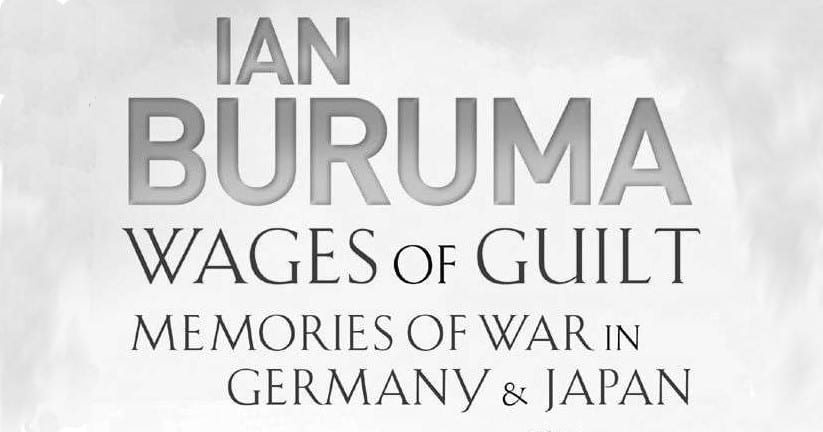 The comparison of Germany and Japan with respect to their recent history as laid out in Buruma s book throws a spotlight on various aspects of the psychology of German and Japanese population, while at the same time not falling into the easy trap of explaining everything with difference in the guilt culture. A book of great depth and broad insights everyone having even the slightest interest in these topics should read.
The comparison of Germany and Japan with respect to their recent history as laid out in Buruma s book throws a spotlight on various aspects of the psychology of German and Japanese population, while at the same time not falling into the easy trap of explaining everything with difference in the guilt culture. A book of great depth and broad insights everyone having even the slightest interest in these topics should read.
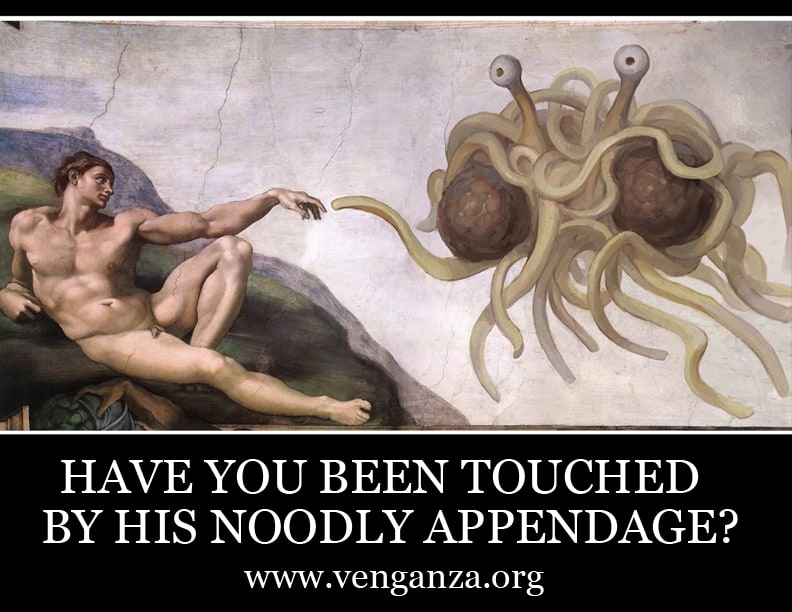 The arguments are quite easy to summarize: The meritocracy party proposes that One s contribution should only be evaluated based on the content and the quality , while the SJW party asserts that in case the submitter as from a minority group, in particular everyone outside the white straight group, the contribution has to be accepted with higher probability (or without discussion) to ensure equality.
(Added here for clarification: A SJW is someone who puts the agenda of anti-genderization and anti-biasization (nice word) above all other objectives, often by quoting scientific results on existing and not deniable bias)
Well, I am a scientist, and I can tell you just one thing: I simply don t give a shit for whether someone is white, black, red, green, red, straight, gay, a Rastafari or
The arguments are quite easy to summarize: The meritocracy party proposes that One s contribution should only be evaluated based on the content and the quality , while the SJW party asserts that in case the submitter as from a minority group, in particular everyone outside the white straight group, the contribution has to be accepted with higher probability (or without discussion) to ensure equality.
(Added here for clarification: A SJW is someone who puts the agenda of anti-genderization and anti-biasization (nice word) above all other objectives, often by quoting scientific results on existing and not deniable bias)
Well, I am a scientist, and I can tell you just one thing: I simply don t give a shit for whether someone is white, black, red, green, red, straight, gay, a Rastafari or 
 What happened in the
What happened in the  The Internet is
The Internet is 

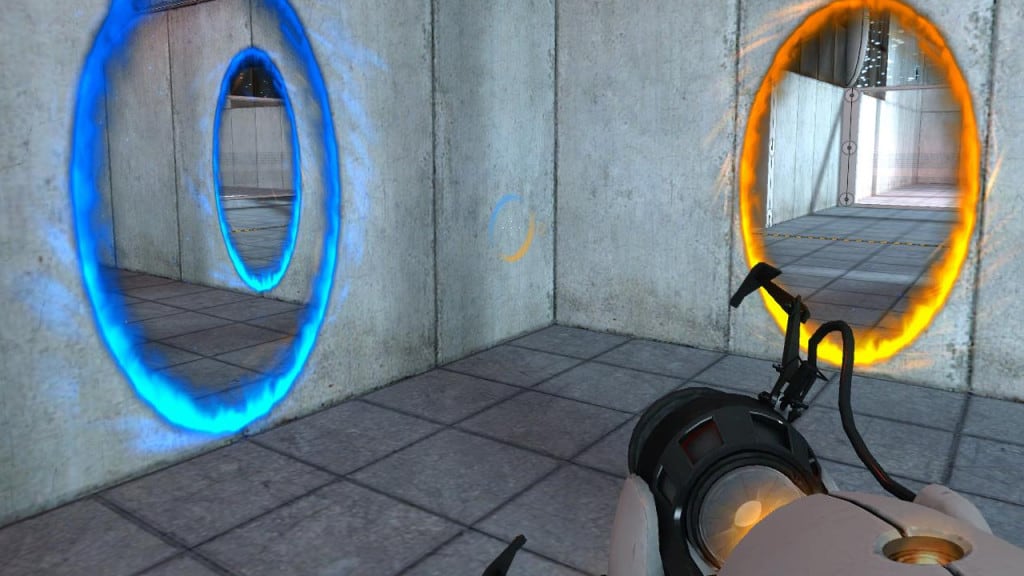

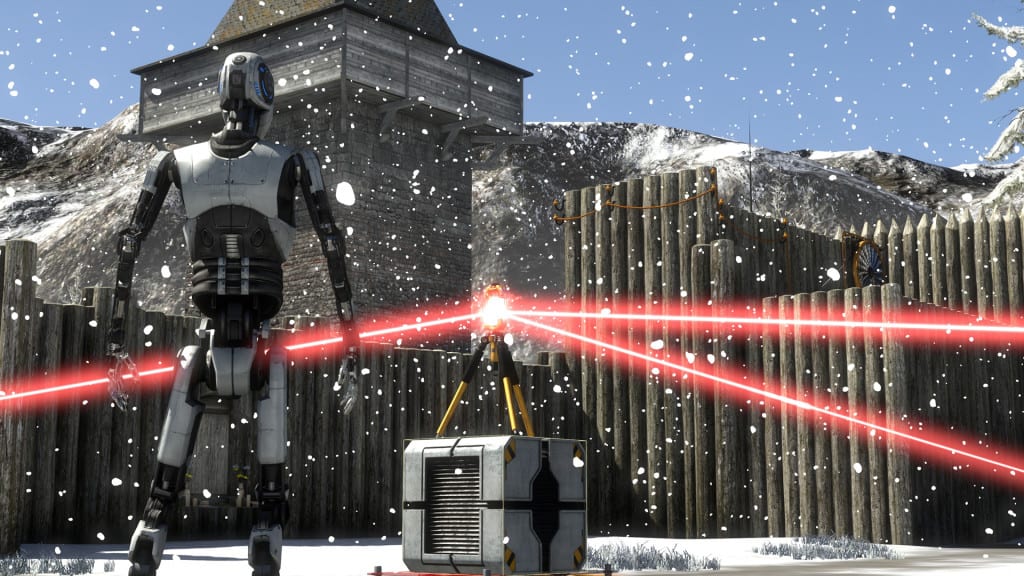

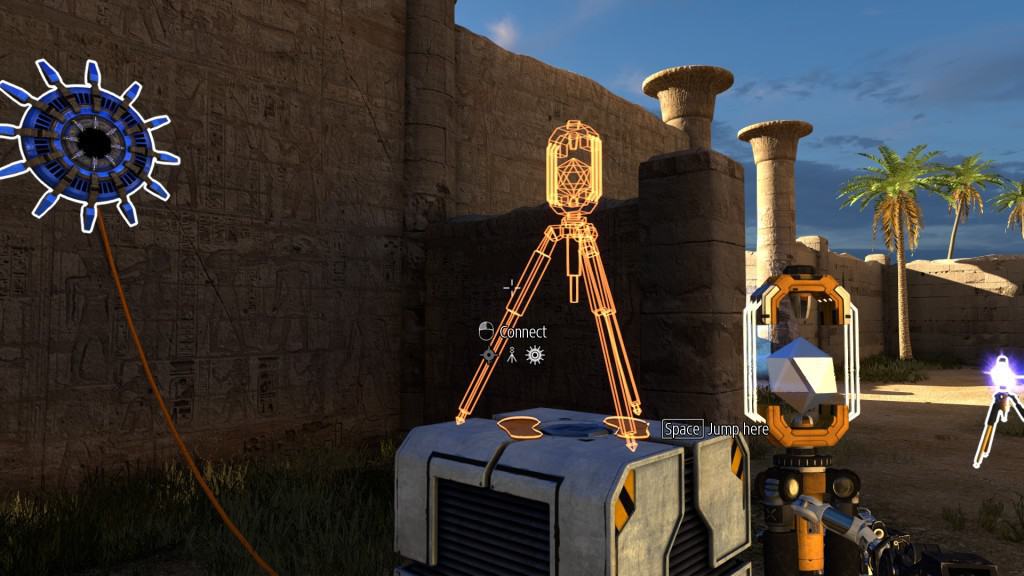
 I've been a mostly happy Thinkpad owner for almost 15 years. My first
Thinkpad was a 570, followed by an X40, an X61s, and an X220. There
might have been one more in there, my archives only go back a decade.
Although it's lately gotten harder to buy Thinkpads at UNB as Dell
gets better contracts with our purchasing people, I've persevered,
mainly because I'm used to the Trackpoint, and I like the availability
of hardware service manuals. Overall I've been pleased with the
engineering of the X series.
Over the last few days I learned about the installation of the
superfish malware on new Lenovo systems, and Lenovo's completely
inadequate response to the revelation. I don't use Windows, so this
malware would not have directly affected me (unless I had the
misfortune to use this system to download installation media for some
GNU/Linux distribution). Nonetheless, how can I trust the firmware
installed by a company that seems to value its users' security and
privacy so little?
Unless Lenovo can show some sign of understanding the gravity of this
mistake, and undertake not to repeat it, then I'm afraid you will be
joining Sony on my list of vendors I used to consider buying from.
Sure, it's only a gross income loss of $500 a year or so, if you
assume I'm alone in this reaction. I don't think I'm alone in being
disgusted and angered by this incident.
I've been a mostly happy Thinkpad owner for almost 15 years. My first
Thinkpad was a 570, followed by an X40, an X61s, and an X220. There
might have been one more in there, my archives only go back a decade.
Although it's lately gotten harder to buy Thinkpads at UNB as Dell
gets better contracts with our purchasing people, I've persevered,
mainly because I'm used to the Trackpoint, and I like the availability
of hardware service manuals. Overall I've been pleased with the
engineering of the X series.
Over the last few days I learned about the installation of the
superfish malware on new Lenovo systems, and Lenovo's completely
inadequate response to the revelation. I don't use Windows, so this
malware would not have directly affected me (unless I had the
misfortune to use this system to download installation media for some
GNU/Linux distribution). Nonetheless, how can I trust the firmware
installed by a company that seems to value its users' security and
privacy so little?
Unless Lenovo can show some sign of understanding the gravity of this
mistake, and undertake not to repeat it, then I'm afraid you will be
joining Sony on my list of vendors I used to consider buying from.
Sure, it's only a gross income loss of $500 a year or so, if you
assume I'm alone in this reaction. I don't think I'm alone in being
disgusted and angered by this incident.
 Happy birthday
Lumicall's
Happy birthday
Lumicall's  If someone would have told me that I would visit three feminist events this year I would have slowly nodded at them and responded with "yeah, sure..." not believing it. But sometimes things take their own turns.
It all started with the
If someone would have told me that I would visit three feminist events this year I would have slowly nodded at them and responded with "yeah, sure..." not believing it. But sometimes things take their own turns.
It all started with the